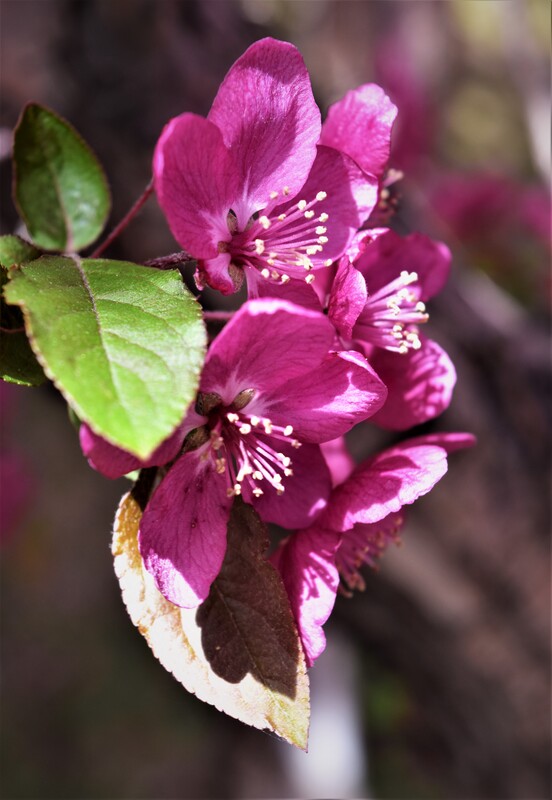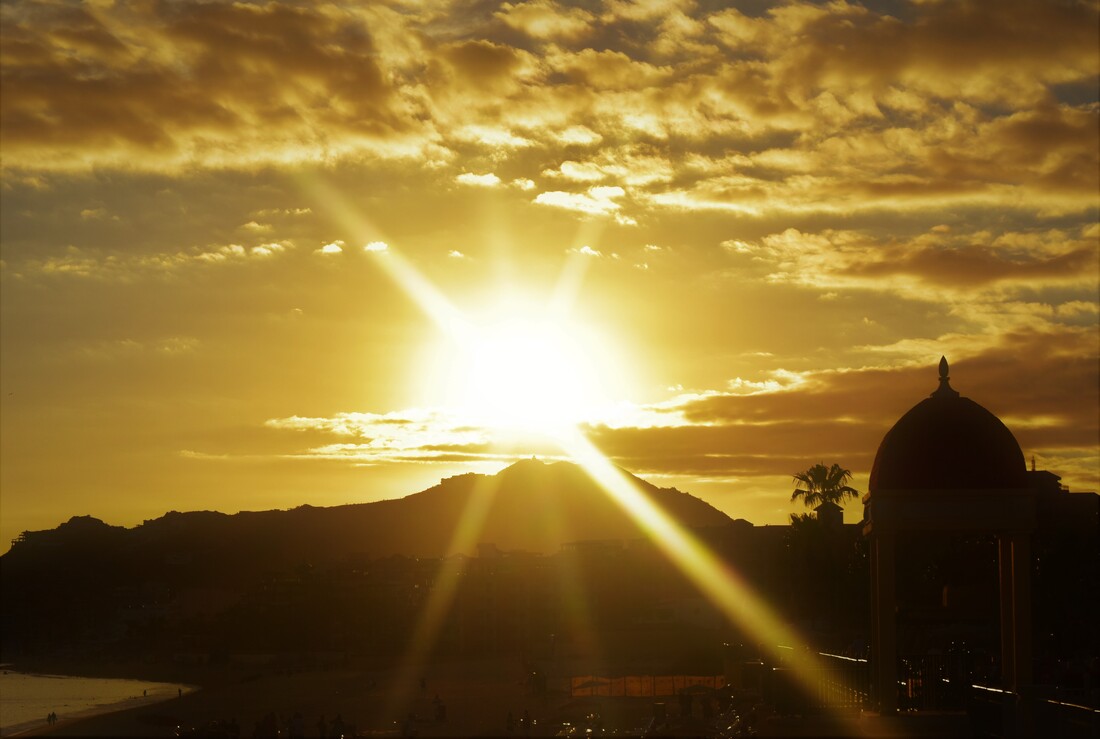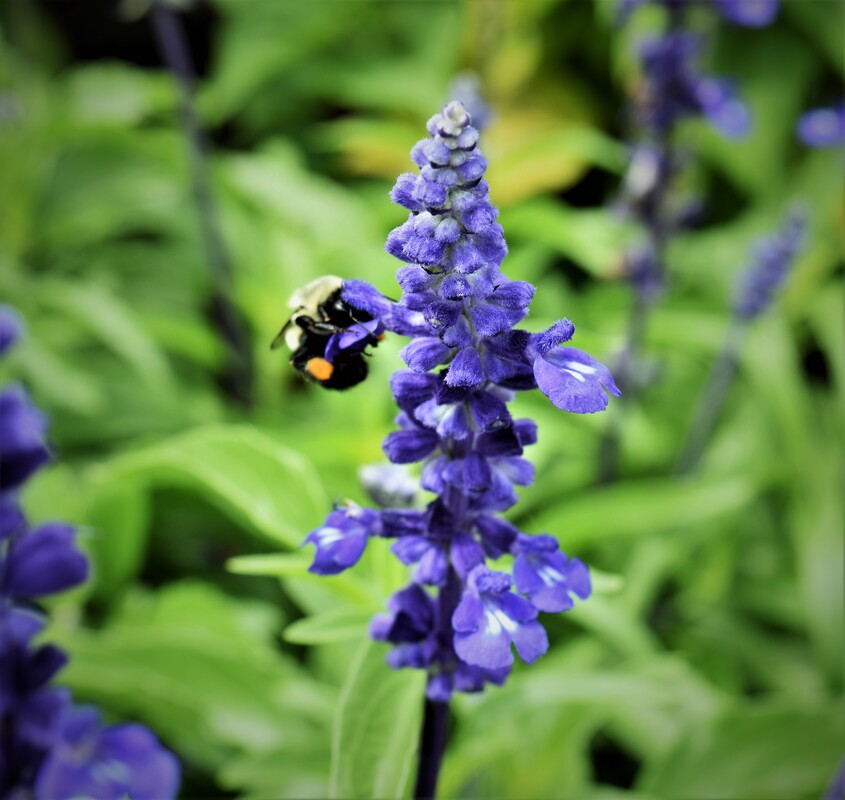AuthorS
Dr. Mike Obsatz, Professor Emeritus at Macalester College Archives
January 2023
Categories |
Back to Blog
Icing and the Cake II2/24/2021 The ICING Can Never be the CAKE Part II Two questions remain:
WHY do we not know our own beauty and wholeness? How do we learn that we, the cake, are not enough? When we are born as babies, we believe we are enough. The world then teaches us otherwise through the educational system, parents, the media, peers, extended family and others. Because others believe they are NOT ENOUGH, they cannot fully grasp that small children are enough. You can't teach what you don't believe about yourself. So, we are programmed out of our knowing our perfection. The spiritual/personal journey is one of de-programming, and re-programming ourselves back to self-love, self-acceptance, and seeing the beauty / wholeness / loveability of all others.
0 Comments
Read More
Back to Blog
Icing And the Cake2/24/2021 The ICING Can Never be the CAKE The cake. We are the cake. The cake means that we are complete, whole, and wonderful. We are loveable as we are. We are connected, sturdy yet vulnerable, and filled with incredible ingredients. We REALLY are the cake.
We are LOVEABLE as we are. However, some people don't believe that about themselves. The spiritual/emotional journey is one of coming into the full understanding, acceptance, and appreciation of one's cake-ness. This is personal/spiritual growth. We come into this knowing through prayer, meditation, being in nature, and other practices which connect us to our DIVINE ESSENCE. We are continually growing into a deeper knowing of our DIVINE cake-ness. Now, look at the Icing. We can add icing to the cake. Icing includes those special sweet worldly things that can make life feel even better. So -- good relationships, prosperity, enough money, recognition, success, and healthy power in the world are the icing on the cake. BUT THEY ARE NOT THE CAKE. The cake is fine without the icing. The cake stands alone. The problems come when people don't believe they are enough cake-ness, and expect the icing to fill them up. In other words, trying to make the icing into the cake does not ultimately work. For some people, it is a lifelong task to add more and more icing, in the hopes that it will help them feel enough and fulfilled. However, infinite amounts of icing can never be the cake. Continuing to pour on more icing can become an addiction. It creates all kinds of problems including scarcity thinking, fear, and self-loathing. Shame is always a by-product of not feeling like one is enough. Shame causes control issues, defensiveness, and depression. So, to know one is the CAKE involves: Self-acceptance Knowing that one is loveable Striving to make the world feel loveable Seeing the icing for what it is Feeling like enough Seeing and feeling the connection of all creation Having healthy power, and not needing to dominate or control others Inner peace Gratitude Seeing the DIVINE WHOLENESS in themselves We need to help others come into their own understanding that they are enough, loveable -- TRULY the CAKE. That will do a lot to create justice, peace, and community in a shattered world. Let us enjoy our CAKE-NESS. We are ultimately DIVINE.
Back to Blog
Our Many Worlds2/24/2021 Navigating Through Them . . . Navigating Our Many Worlds
We are amazingly adaptive and complex creatures. By the time we are old, we have navigated through many different worlds. THE WORLD OF ME -- Who am I? We have personalities, temperaments and ways of being. Every person is unique, and part of maturing is discovering who one is and what he or she needs. We also change our views, attitudes, beliefs, and behaviors as we age. THE FAMILY WORLD -- Where do I fit? We are born into a family. To survive and thrive in that family, we act in certain ways, trying to fit in and be safe. We are scripted into roles, and we play with them all of our lives. Some roles we learn to play in our family might be: The smart one The quiet one The clown The rescuer of the family The mediator, go-between The one who messes up The passive one The good listener The therapist THE SCHOOL/PEER WORLD -- How do I cope with others and organizational demands? We then join the peer world, the world of children and school. We learn to play the school game, fit in, and get along. We found our group, or niche, if we are lucky. We learn to play a part in that group. We learn the student role, and the friend role. THE PARTNER WORLD -- How do I maintain my own integrity and still adapt to my partner? Eventually, we may find a romantic partner. We play the boyfriend or girlfriend role, This world changes as we age, and we adjust and adapt to expectations. And we learn to relate to our partner's family. THE PARENT WORLD -- What skills are needed to raise this child? When we have children, we join the parent world. Making decisions daily that affect a smaller, helpless being. THE GRANDPARENT WORLD -- How involved do I become? When our children grow up, and have children of their own, we learn to navigate the grandparent role. What are rules, boundaries, and limits? THE WORK WORLD -- How can I be productive, make a living, and get along with others? We start working in young adulthood, and have to adjust to bosses, co-workers, workplace etiquette and rules. If we change careers and jobs, we must adjust to new roles and people. There are often new skills to learn. THE ADULT FRIEND WORLD -- Who are my people? Who we befriend determines how we relate, connect, and act. We develop social groups, hobbies, and past-times which often have guidelines and practices of their own. It is a time of discovery of what one loves to do in one's spare time. THE COMMUNITY MEMBER WORLD -- What is my social and political responsibility? We can become socially and politically active in our communities. As a result, we are thrust into a variety of environments. We develop social values and live them out. We are part of a neighborhood. When we move geographically, we have to start over making new connections, and learning how to fit in. THE SPIRITUAL WORLD -- What is my relationship to the Divine? We join religious groups and institutions, and develop our spiritual lives. We connect with different people from different backgrounds, races, ages and social classes. We develop spiritual practices which provide amounts of comfort and support. We explore questions like "What does my life mean?" THE ELDER WORLD -- How do I grow old and still maintain my sense of identity and worth? As we age, we may retire from work. We grow older, and develop various health issues. We often become medical patients, and generally have to deal with changes in our bodies, hormone levels, and energy levels. Eventually, we decline, and finally die. Many people do not give themselves enough credit for navigating all of these worlds, and adjusting to a wide variety of roles and expectations. |
 RSS Feed
RSS Feed


